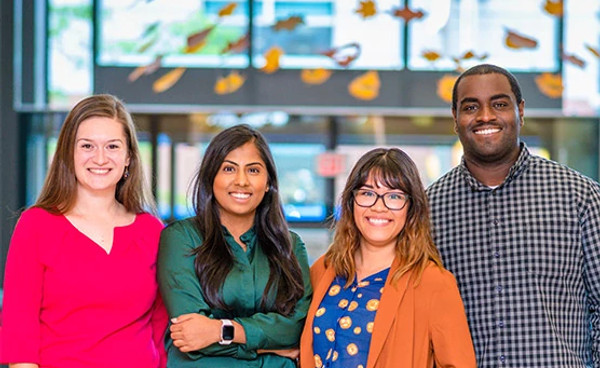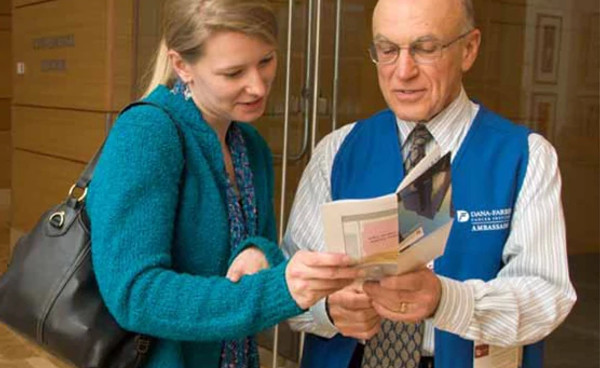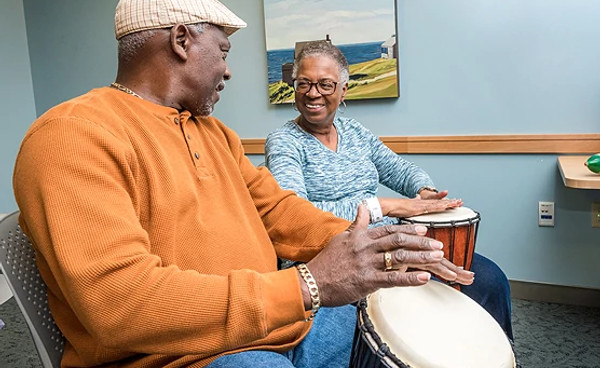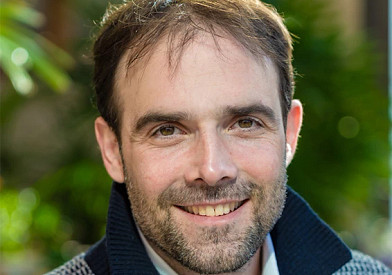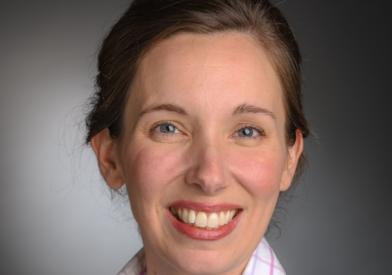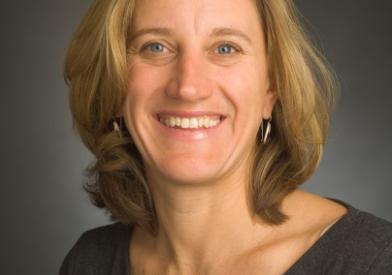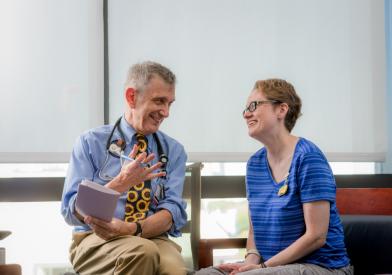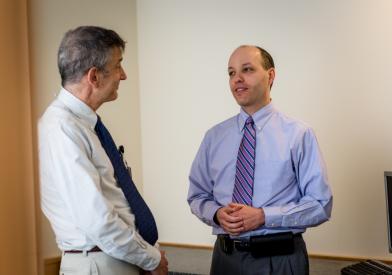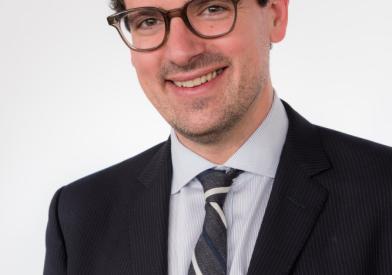By working with you, your oncology team, and providers in your community, we blend palliative care into your cancer therapy. We provide:
- Expert treatment of pain and other symptoms
Pain, nausea, breathing difficulties, anxiety, and difficulty sleeping can make it hard to enjoy life. We can suggest treatments that address these problems.
- Emotional and spiritual support for you and your family
A serious illness can be sad and frightening for both patient and family. Talking can be helpful, as can medication. Palliative care can help family members support one another, especially when young children are involved.
- Help in navigating the healthcare system
The healthcare system is often confusing and overwhelming. We can help you find resources and figure out what you need.
- Guidance and support with difficult treatment choices
Sometimes, patients and families face difficult choices about future treatments: Does the benefit of treatment outweigh the burdens? Is a particularly risky intervention worthwhile? We can help patients and families think about and discuss these concerns.
- Help in coordinating care at home and in the community
Community resources can make it possible for you to receive care at home. We can help you find services that meet your goals, and coordinate symptom management and psychosocial support plans with community resources.
Hospice Care
If your illness progresses despite the treatments you're receiving at Dana-Farber, you and your health care providers may consider the idea of hospice. This service can help you live as well as possible for as long as possible, manage your symptoms at home, and spend precious time with your loved ones. We are happy to provide information or a referral to hospice care.
Psychosocial Oncology and Palliative Care
The Adult Palliative Care Program is part of the Department of Psychosocial Oncology and Palliative Care. Our teams help cancer patients and their families maintain the best quality of life during and after treatment. Our clinicians include physicians, psychologists, nurses, social workers, and a pharmacist who work closely with you and your healthcare team to provide integrated care and support your unique needs.
Learn more about the Adult Psychosocial Oncology Program
